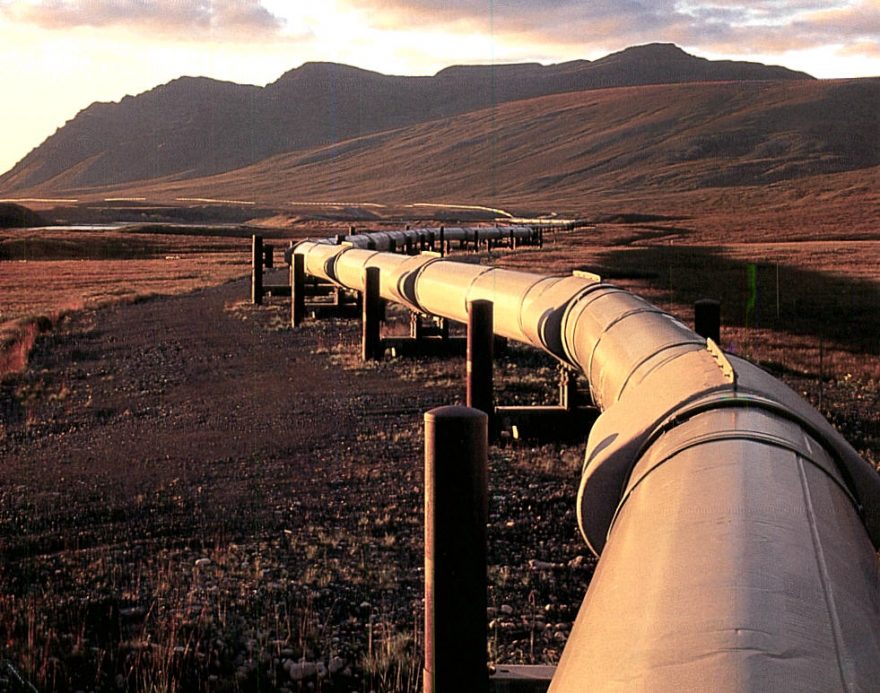KABUL, Afghanistan – The Pakistani Ambassador to Afghanistan Mansour Ahmad Khan said the countries involved in the TAPI Pipeline want to move forward, according to sources, exclaiming the security tensions are eased to resume the project.
The Turkmenistan–Afghanistan–Pakistan–India Pipeline, also known as Trans-Afghanistan Pipeline, is a natural gas pipeline being developed by the Galkynysh – TAPI Pipeline Company Limited with participation of the Asian Development Bank.
According to Khan, the security challenges facing the TAPI pipeline has been resolved, saying this project is an important progress in linking Central Asia to South Asia.
“All the countries involved in TAPI project, they want the TAPI project to move forward as soon as possible because it will be important for energy supplies from Central Asia to South Asia,” he said, as TOLOnews quoted.
However, the Pakistani diplomat sees “lack of banking transaction” a major challenge for TAPI to be continued at the moment, as the Afghanistan is cutting a rough time due to its political instabilities and financial crisis.
“…I think in the last few months, negotiations have been underway. One of the main challenges in the past has been security,” he added. “One of the challenges now in the current circumstances is lack of banking transaction.”
Meanwhile, Ministry of Economy said the implementation of the TAPI project would boost the economy and reduce the rate of poverty in the country, which has drastically increased since the Taliban takeover last August.
“There isn’t any specific political obstacle for the TAPI project, but there are some technical problems that will be solved soon,” said Abdul Latif Nazari, Deputy Minister of Economy.
While involved counties bid to move forward with TAPI project despite ongoing political and economic instabilities, the Taliban government said officials failed to held a particular ceremony for resumption of the project.
“The work on the TAPI project has begun and it has not been halted but the ceremony that should be held for the resumption of work on it has not happened,” said Inamullah Samangani, deputy spokesman for the Islamic Emirate.
What is TAPI Pipeline?
The Turkmenistan–Afghanistan–Pakistan–India (TAPI) Pipeline, also known as Trans-Afghanistan Pipeline, is a natural gas pipeline being developed by the Galkynysh – TAPI Pipeline Company Limited with participation of the Asian Development Bank.
The pipeline will transport natural gas from the Galkynysh Gas Field in Turkmenistan through Afghanistan into Pakistan and then to India. Proponents of the project see it as a modern continuation of the Silk Road.
The pipeline will be 1,420 mm (56 in) in diameter with a working pressure of 100 atm (10,000 kPa). The capacity will be 33×109 m3 (1.2×1012 cu ft) of natural gas per year of which 5×109 m3 (180×109 cu ft) will be provided to Afghanistan and 14×109 m3 (490×109 cu ft) to each Pakistan and India. Six compressor stations would be constructed along the pipeline.
Construction on the project started in Turkmenistan on 13 December 2015, work on the Afghan section began in February 2018, and work on the Pakistani section was planned to commence in December 2018.
The pipeline was intended to be operational by 2019. But due to underlying conditions, the project has been delayed over time and now the involved countries show willingness to complete the project.













